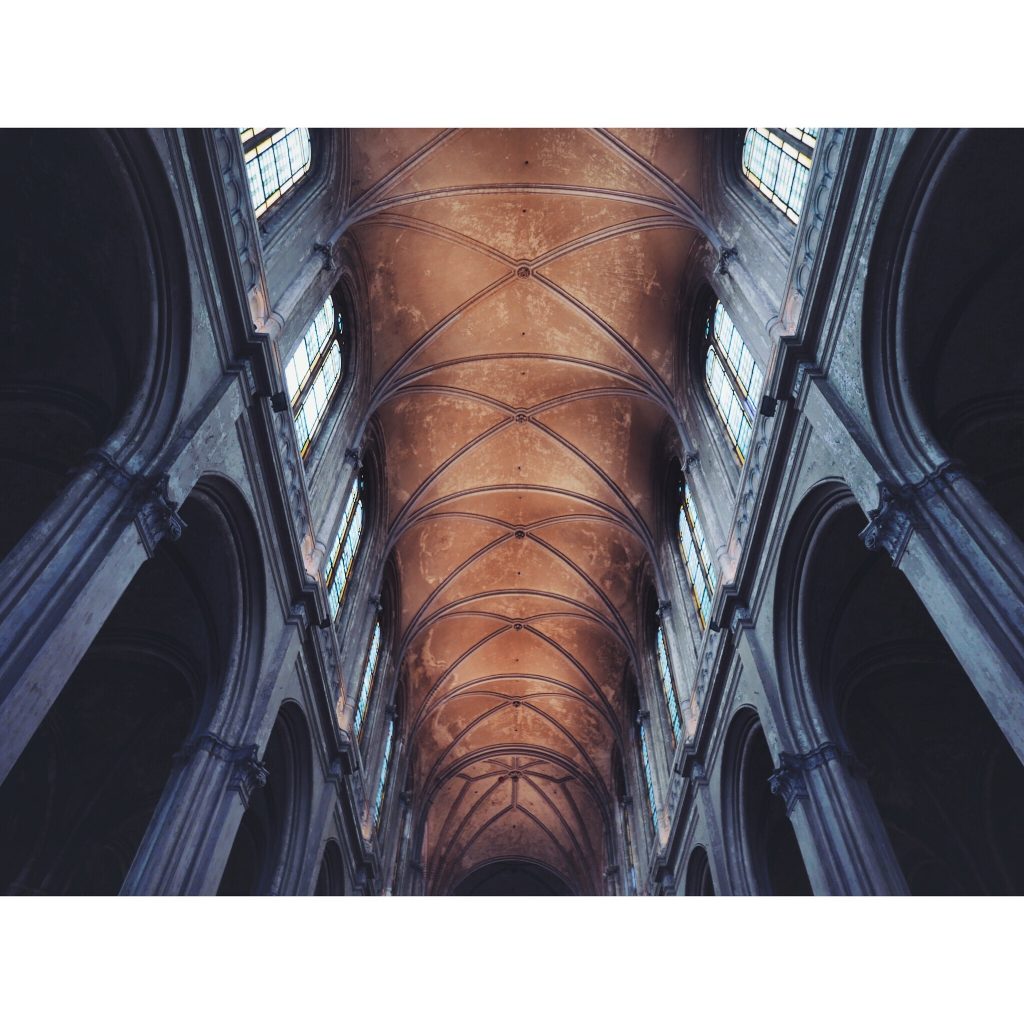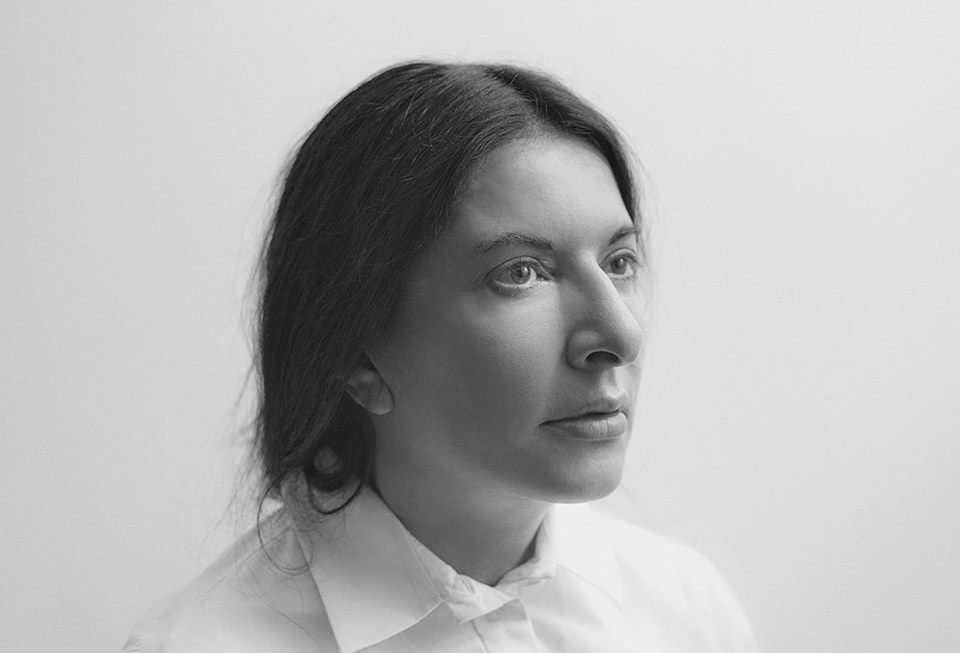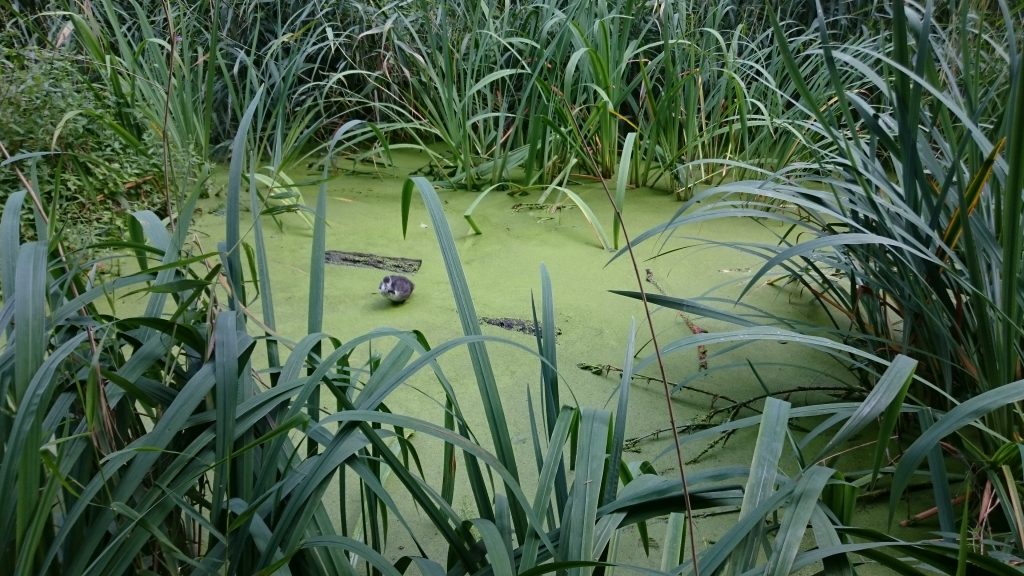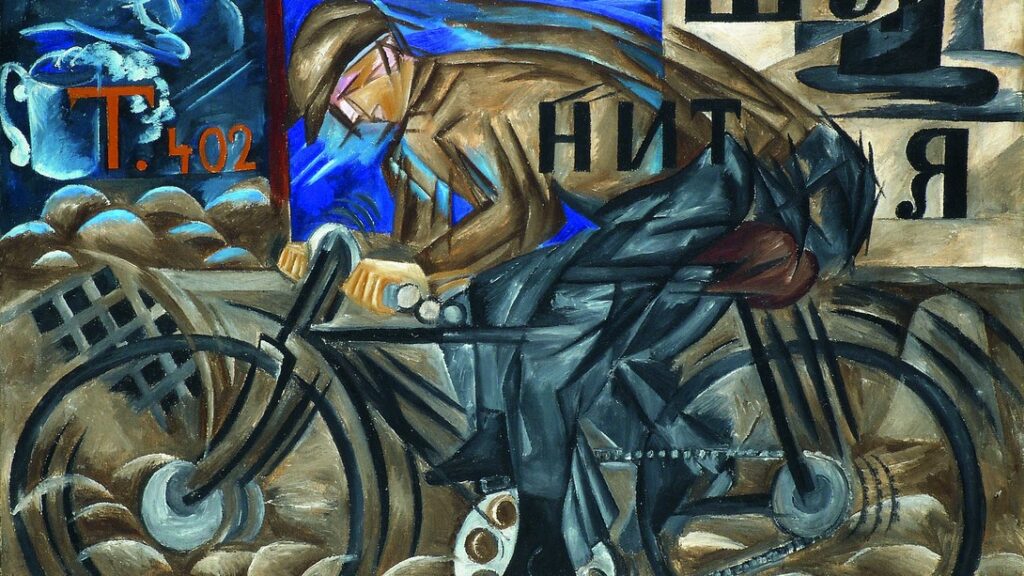The creation of mankind: the moment the Universe came into consciousness and turned its eye onto itself. For as long as we have existed as a species, we have looked to the Universe to explain our existence, our reason for being, and our reason to continue.
History has offered us an endless choice of seemingly definitive answers to validate our purpose as we sit here on our seats, caught in this moment of time. One path has taken the form of the deity, the deities – the higher being; a presence with a plan that explains all aspects of man’s actions, however irrational. Genesis taught us that the world was created in six days (seven with a rest) by an all-powerful God; the Norse gave us Ymir, from whose bones the hills grew, and from whose hair the trees swayed; Atheism, conversely, paddles in the rejection that any deity exists whatsoever.
The other path is built from the tiny stones of scientific observations, with history laying each one down to allow us to take a step further towards a universal truth. Modern science, birthed from Galileo’s observations of gravity, has seen many giants since: Newton brought us the laws of motion and unveiled the sneaky tricks of the celestial bodies; Emmy Noether taught us that the symmetrical nature with which time flows corresponds to a universal conservation of energy; Einstein, well, he taught us a lot.
These two paths appear to run parallel in fenced-off realities, each blind to the other’s virtues and plights apart from the occasional chink in the wall which allows them to glimpse through and inevitably spar (Galileo himself was tried at the Inquisition for saying the Sun was at the centre of the solar system, and placed under house arrest forever more). But, if we’re willing look beneath the surface, we begin to question whether they may share more common terrain than we thought. Both suffer from the same pothole: many versions of a ‘truth’ that cannot coexist.
We’re all too aware of the consequences of colliding ideologies within theism – the Crusades, Palestine-Israel, the Salem Witch Trials. Physics too, however, ails from changing epochs; the concept of truth constantly in flux and found to be nothing but ideology. Einstein was initially ridiculed for his celebrated theory of General Relativity, which superseded Newtonian mechanics. Quantum Physics roared in the 1930s, and was widely accepted as correct despite not being able to account for, dare I say an important part of everyday life, gravity. In the 1970s String Theory claimed to be the theory of everything, only to fade away more a theory of nothing.
The discipline today is confused, cut-throat and unfriendly. Opposing views offer increasingly complex and outlandish explanations to describe the universe: inflation, supersymmetry, and reducing us to nothing more than holograms. Each powers forward regardless of the contradictions and downfalls, refusing to take on the opinions of the others.
But wait, doesn’t this sound familiar?
With the progression of time, the superficial eye sees an ever-increasing chasm grow between theism and science. But, with an increased depth of perception, it will see that the converse is true. It’s all too easy to forget that physics was borne from philosophy, and the two are intrinsically tied to answering the same problem – how did we come to be? As different as they seem, both are created by man and both suffer from the limitations of man. As the world becomes ever-increasingly complex, our frustrations in a lacking understanding drives something within us to prove ourselves, quite often to the detriment of others.
With each new stone laid towards an empirical answer to our being here today, the stony, cold, proton-laden path verges back towards the ancient beliefs of something higher, something bigger, and some truth whose work is beyond our understanding.
What is the answer? Which is correct?
I remember asking as a child ‘Who created God?’, a question which was met by silence, scorn and eye rolls. Twenty years later I asked the question ‘What came before the Big Bang?’, a question which was met by silence, scorn and eye rolls.
Perhaps the more pertinent question is – what is it about human nature that doesn’t allow us to simply say: we don’t know.
Perhaps then could we be content with just being, embrace our limitations, and turn our attentions to deciphering and understanding those around us.







